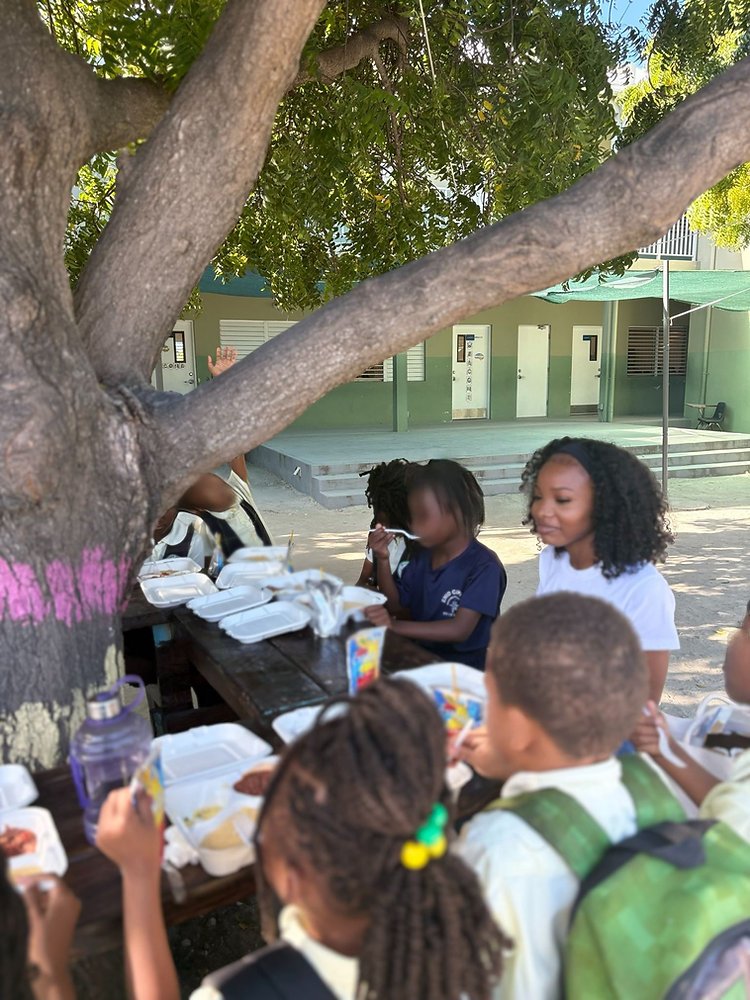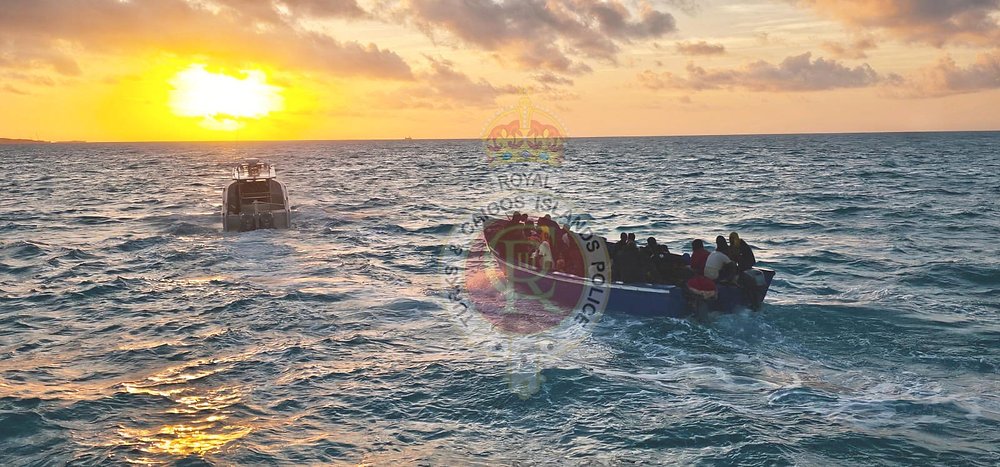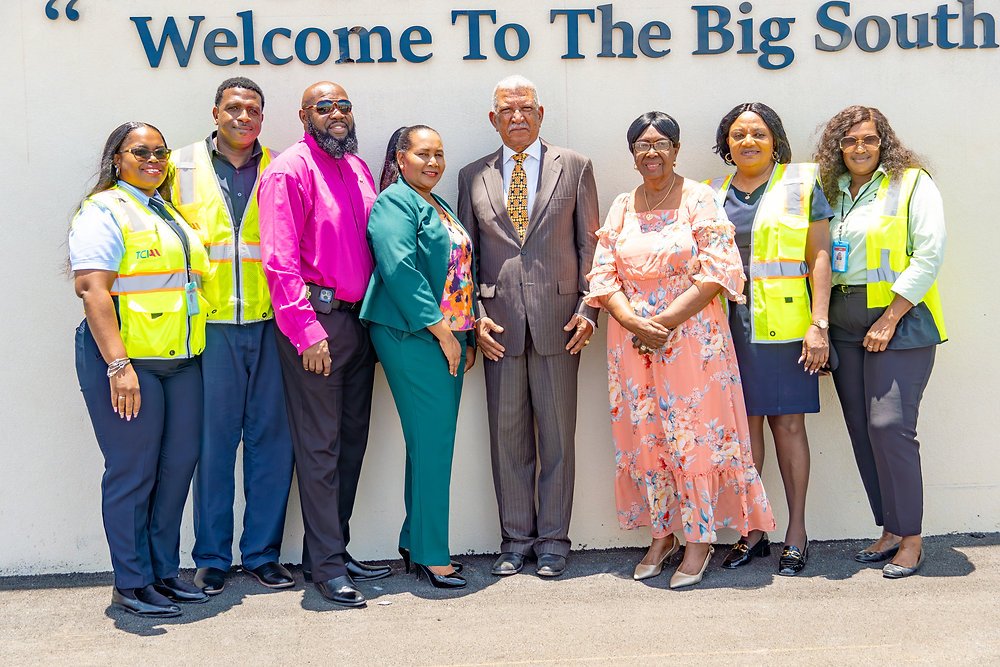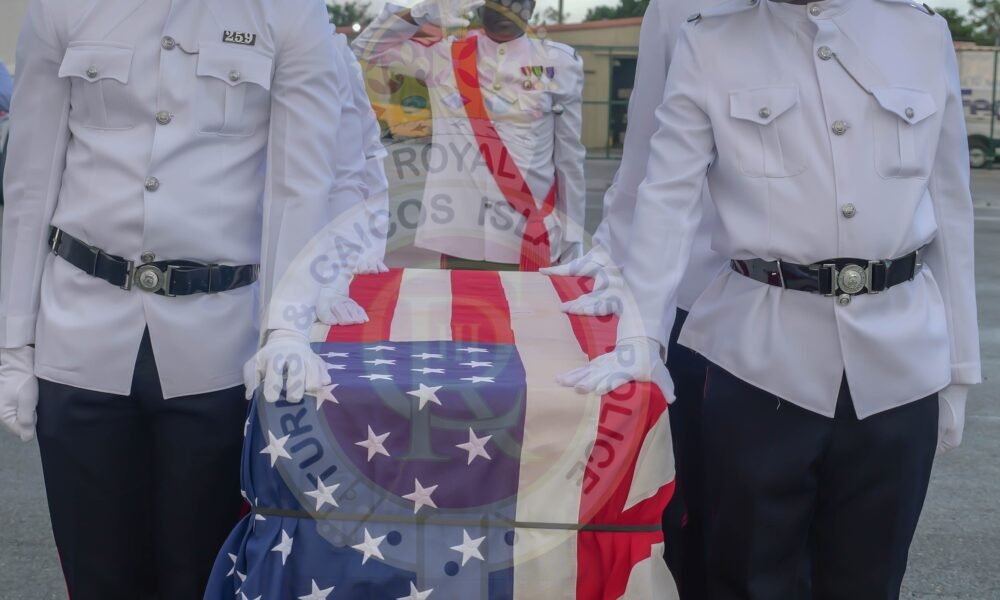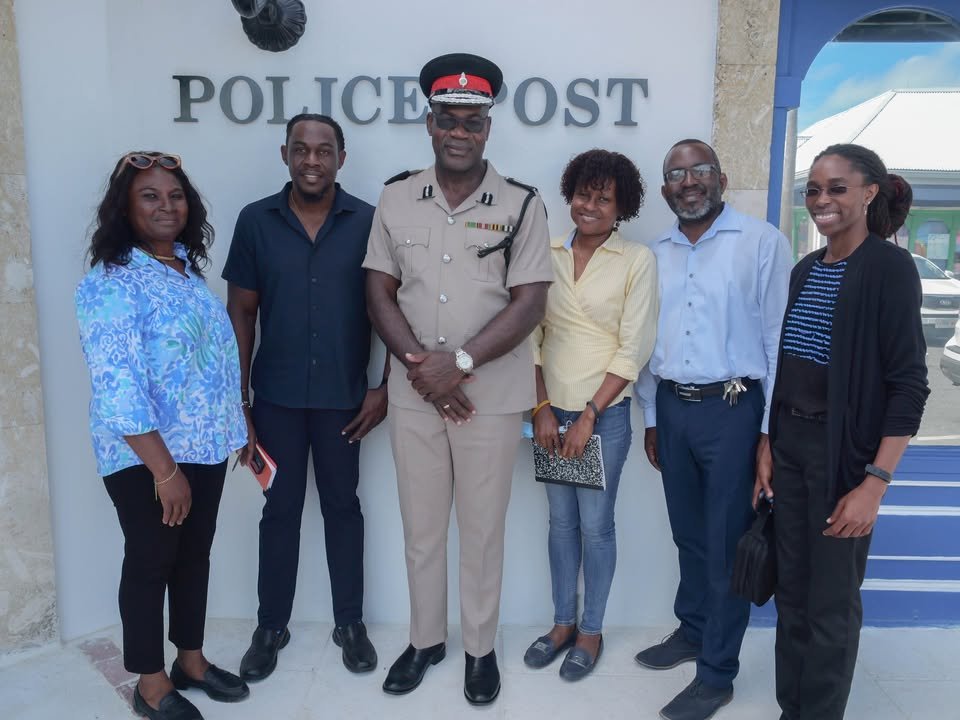
Navigating gang violence in TCI: A call for dialogue and strategic approaches
Gang violence, a pervasive issue globally, has found an unwelcome home in Turks and Caicos Islands (TCI). As we confront this challenge, it is crucial to explore alternative approaches beyond
This article delves into the complexities of gang violence in TCI and proposes strategic solutions.
Understanding the context is important. As a sophomore in college in the United States in the early 90s, I have vivid memories of the Los Angeles gang wars that dove a deep exploration into the roots of violence. I never imagined that one day it would hit close to home.
TCI is traditionally sheltered from such issues, however, it now grapples with a surge in homegrown gang related activities. Local law enforcement, not being exposed or unaccustomed to such levels of violence, confronts formidable homegrown gangs fueled by turf control and illicit trades. This in itself presents a challenge in traditional approaches, and the department is facing difficulties in effectively curbing the violence.
Social media also has a role to play, but rapid dissemination of information and photos getting out ahead of diplomacy and facts based, could interfere with police tactics, and create hysteria among citizens.
Granted, development brings about changes. Nevertheless, it’s still shocking to me that a small island nation like TCI, which was built on strong Christian principles and values, would become the center of attention on the world stage with similar stories like the LA gang wars.
For these same reasons, it’s incumbent upon law enforcement to take a more holistic approach and strategy with tackling gang violence.
Gangs, unlike politically driven armed groups in some third world countries, thrive in governance vacuums, necessitating a comprehensive approach. Engaging foreign gang experts and addressing underlying socio-economic factors becomes imperative.
Experts have determined that there are key components of negotiation, focusing on gang interests rather than issues, can emerge as a viable strategy. Factors like socio-political alienation, economic disparities, prestige, identity formation, and long exposure to violence could be the cause for such issues.
There is certainly an urgency for change, because, despite the concerted efforts by law enforcement, the current strategy isn’t effectively curbing gang violence. This is because it goes beyond just massive armed response. Dialogue, negotiation, and community policing, supported by parental efforts can emerge as essential components. Perhaps, police-gang negotiations, and reintegration of reformed criminals can emerge as potential strategies.
The potential risks of inaction or failure to adopt this perspective, risks fueling resentment, fostering an “us-vs-them” mentality, and pushing vulnerable youth toward gangs.
Recognizing the psychological root causes of gang violence is paramount for addressing this problem which poses a potential threat to TCI’s stability and tourism.
The call to action should encompass bridging divides, supporting law enforcement, and denouncing violence collectively which can help to safeguard our communities.
Albeit, this will be hard to become a reality if the only time our young men are interacting with the police is when they are responding to a crime.
On the surface, gang violence presents a seemingly intractable problem for societies. For one, it appears to be contained in disenfranchised and underserved communities like Kew Town, Five Cays, and Dock Yard.
Don’t be misled, this is because there is no obvious means for those communities to escape the cycle of violence. Even if shanty towns are demolished, it will only spread into other towns and communities.
The more gang activities become entrenched in societal norms, the less likely it will be for any authority to eradicate them by force. It is imperative for every individual, community, and institution to stand with law enforcement partners in this critical time.
How do we do this? If you see something, say something, get involved beyond postings on social media platforms and turn those words into deeds.
We must make every effort to unravel the complexities and mitigate the impact of this clear and present danger to the islands. Not only will law enforcement be in a better position to disrupt their activities but dismantle them.
In conclusion, navigating gang violence in TCI requires a multifaceted and strategic approach. This can be accomplished by embracing dialogue, negotiation, and genuine community involvement.
* Ed Forbes is a native Turks and Caicos Islander, who spent 30 plus years studying and working in the USA. He holds an Associate degree in Criminal Justice and an Honorary degree in Criminology along with various legal and professional certifications in crime prevention and journalism. Ed resides in Grand Turk and is the co-founder and operator of Exclusive Escapes Tours.



